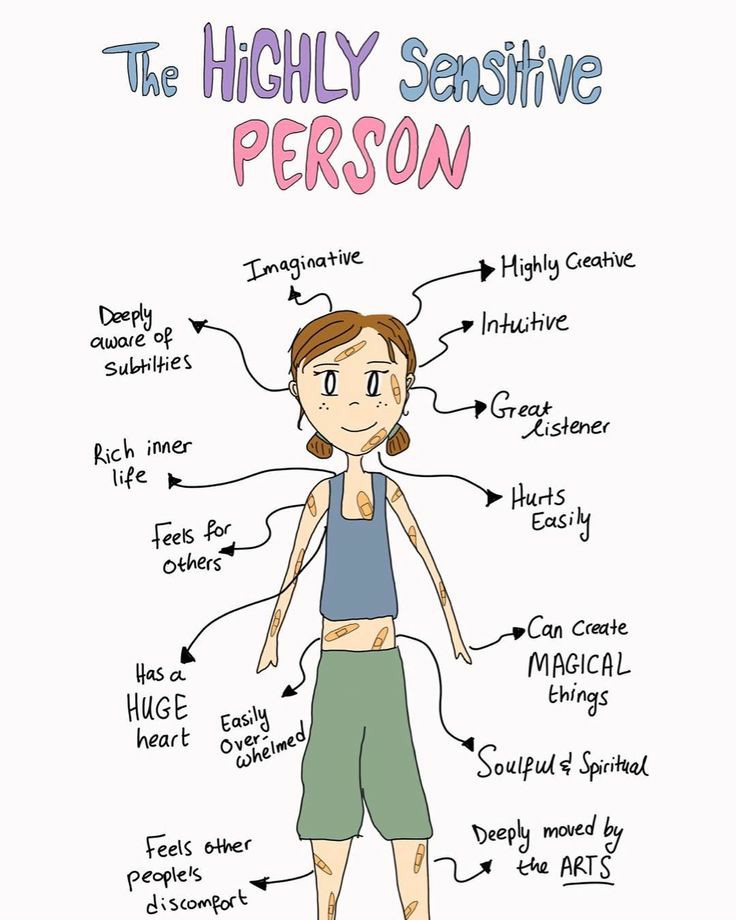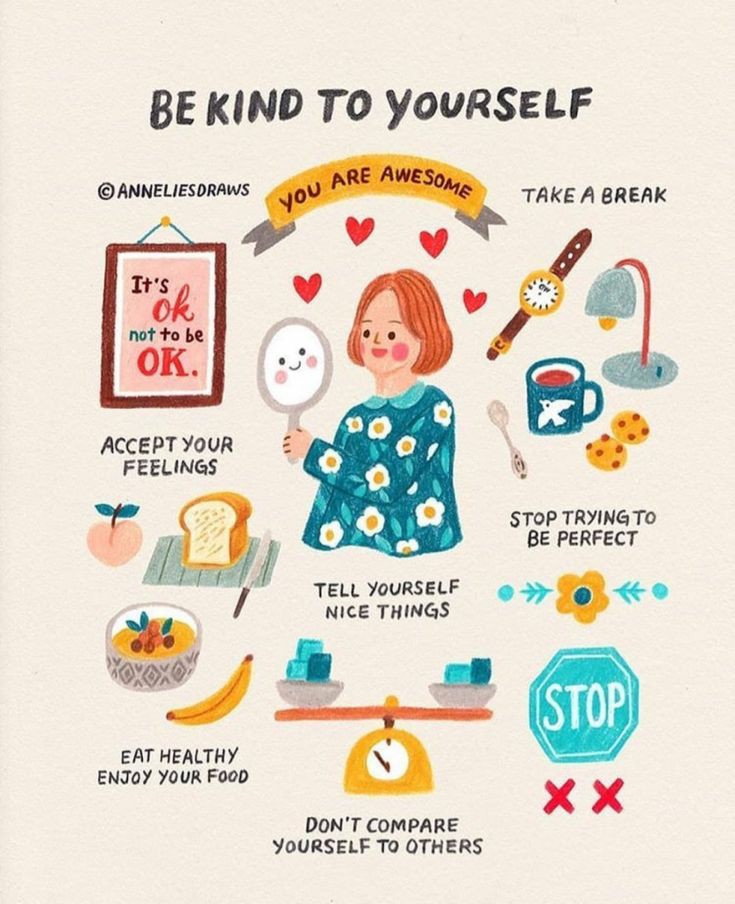Life gives everyone their fair share of emotional roller-coaster rides. It’s okay to feel deeply sad, angry, anxious, whatever emotions we can think of, which are certainly not the positive ones. However, what’s important is knowing how to make the emotions work for us instead of driving us. That’s how we become emotionally intelligent. That doesn’t mean masking what you are feeling.
Many people tend to repress their real emotions to escape being called “emotional” or “highly sensitive”. Because when people use such adjectives, the underlying meaning is “you are weak”. We forget that it is only human to feel all sorts of emotions. The weakness, however, is not knowing how to manage negative emotions, not taking care of them.

What do negative emotions signify?
When we feel overwhelmed, or our heart gets heavy with emotions, it means something is not right. It could be either with ourselves, our surroundings or the task/process that we are on. Negative emotions aren’t always “bad”, as they signal that something needs to be done/changed to anchor the positive emotions. For instance:
#1 Feeling Anxious
Anxiety alerts us of the threat or risk in the environment and prepares us to take action to deal with it. For example: if you suddenly remember that you have an examination tomorrow, you will feel anxious, and so you study being more focused. This way, you get the situation under control.
#2 Feeling Stressed
Stress build-up signifies that your body is preparing itself mentally and physically to take actions quickly and escape a dangerous situation. The fear of uncertainties makes us stressed also. When the outcomes are unpredictable, what’s most important becomes clear to us.
#3 Feeling Unmotivated
If you are feeling unmotivated at work or home or to start something, it means you are tired, and you probably need emotional, mental, creative, spiritual, sensory, social, or physical rest. Lack of motivation at work may as well signify that the job it’s right for you, and it’s time to quit.
#4 Feeling Uncomfortable
Being out of your comfort zone means you are in the “Stretch Zone”. The stretch zone expands your sphere and makes you comfortable being uncomfortable in future. It helps force progression in all aspects of your life.
#5 Feeling Angry
Anger gets triggered by things that you dislike, irritation. When you get annoyed around people, that means something isn’t working in your life/relationship. Maybe you are frustrated with your surroundings, or you are repeatedly being treated in a way you dislike.
#6 Feeling Sad
Sadness also signifies that something is missing or is not working. If you are unhappy in a relationship, that could probably mean it’s time to call it an end. If you feel sadness because of not doing well/ someone else doing better than you, it means you are aware of your potential. It should be a motivation to try harder and do better next time. If loneliness or under-appreciation is the trigger for your sadness, that means you need better people in your life.
Ways of Effectively Taking Care of Negative Emotions

Negative emotions are psychological and cognitive elements that are trying to tell you something. Masking them is a form of self-invalidation. And, self-invalidation is a form of self-abuse. On the other hand, acting out of those emotions is emotional vulnerability. Both emotional vulnerability and self-invalidation can leave a long-term negative impact on your relationships and mental health altogether. To effectively manage the negative emotions:
Recognise environmental influences
Notice the external factors such as hostile behaviour, emotional invalidation from others that trigger negative emotions. Once you recognise the source, it becomes easy for you to understand yourself and your environment better. Emotional invalidation from others is a form of emotional abuse. Just because someone else may have it worse does not take away your right to feel hurt or pain.
If anyone says you’re wrong for feeling what you are feeling, they encourage toxic positivity and are emotionally abusing you. When you get emotionally invalidated by others, the outburst/break down is natural, and it will happen eventually. It is an indication that you need to change what you can change in your environment.
Identify internal factors
Identify your thought pattern/ negative self-talk that influences your behaviour or makes you reactive. Sometimes the way we perceive things can also get situations harder for us or cause emotional exhaustion, as we only focus on the negative aspects. So you have to be true to yourself and notice how you are treating yourself.
Identify the thoughts that you have and practice writing them down in a journal. Then ask yourself questions to challenge those thoughts. Are they facts or just assumptions? What is the evidential justification? Are your thoughts replaceable by positive reasoning?
Be open to acceptance
Acceptance of your thoughts is the key to managing negative emotions. It keeps you from self-invalidation. Practising acceptance also makes you better at the judgement. Accept that as a human, you are not designed to do everything correctly. You have flaws, and it’s okay to have flaws. It’s okay to make mistakes. Your goal should be to keep trying to be a better version of yourself with passing each day. Accept yourself for who you are and move on.
The idea of taking care of negative emotions doesn’t mean getting rid of them. You cannot. These are psychological elements that everyone experiences. However, openness to acceptance helps you acknowledge your emotions and the situational triggers in past or present. It also doesn’t mean the situations or events that incited them were good.
Regulate your emotions
Once you’ve crossed the previous three steps regulating your emotions and making them work for you becomes easy. Regulate your emotions by assuming the positives. Have a clear idea of your abilities. Don’t force yourself to do more than you can handle or be in social environments that you don’t like. Leave a situation if it makes you angry. Before reacting impulsively or responding to external influences, write your responses down to get them out of your head, and give yourself some time. If you feel like a situation will take an emotional toll on you, reach out to a trusted contact and share it.
Breathing exercise – is another way of regulating negative emotions. When we experience negative emotions, our sympathetic nervous system activates to deal with threats. To get back to the normal state, start diaphragmatic breathing. Slow, deep breaths help activate the parasympathetic nervous system. It reverses the process that accelerates negative emotions and relaxes us.
Lastly, some tips:
- Establish boundaries when people hurt you and never apologise sincerely.
- Have a consistent daily routine.
- Take regular breaks from on-screen activities.
- Promote positive, hopeful stories.
- Help others unconditionally.
- Sincerely apologise when you hurt others.
- Eat healthily, drink hibiscus, chamomile tea and lots of water.
- Express gratitude often.
- Take aromatherapy for soothing sensations.
If your negative emotions are intrigued without any external justification and affect your ability to function in day-to-day activities, that indicates psychological disorder. In that case, we urge you to consider getting help from a mental health professional.


























I knew I’d find useful tips in this article ever since I realized you’re working on something like this. :’) It did just that.